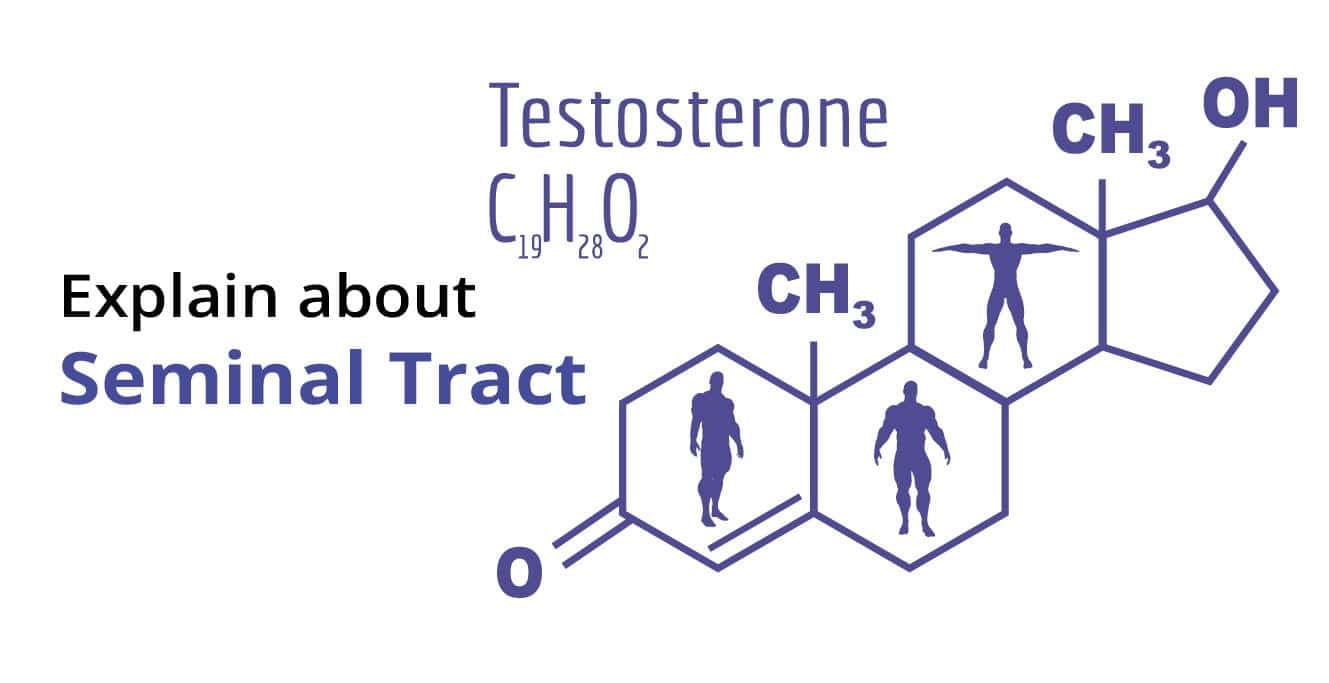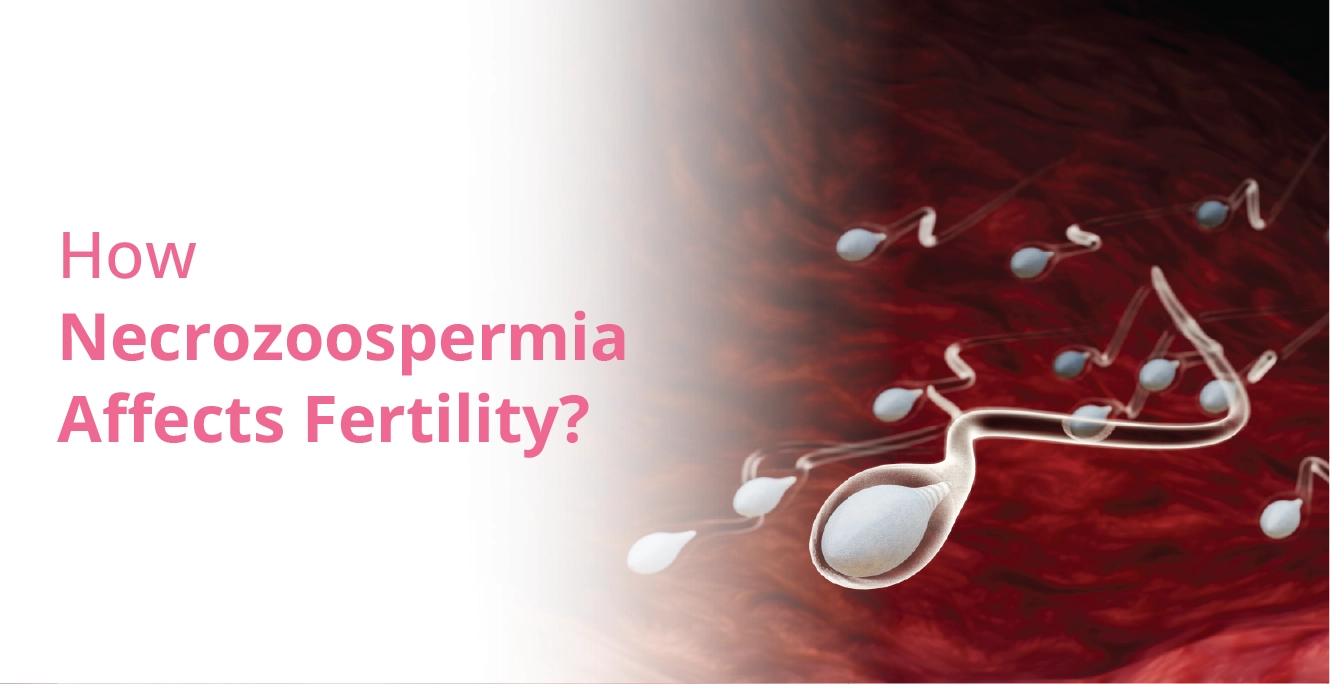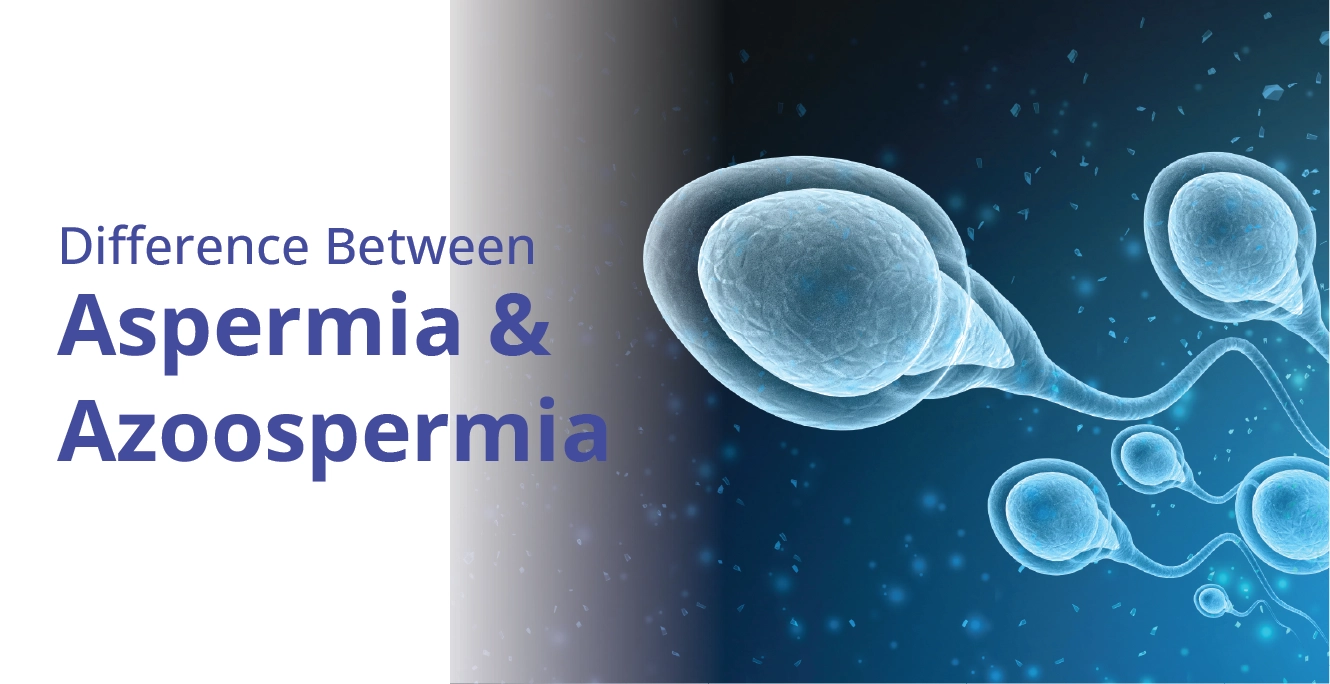
What Is Testosterone?

Table of Contents
- What Does Testosterone Do?
- Why is a Testosterone Test Performed?
- Normal Testosterone Levels in Males and Females
- Testosterone Levels by Age
- Symptoms of Low Testosterone in Men
- Causes of Low Testosterone in Males
- Symptoms of High Testosterone in Women
- Causes of High Testosterone in Women
- Why do I need a testosterone level test?
- Side Effects of Testosterone Imbalance
- Treatment for Testosterone Imbalance
- Natural Ways to Boost Testosterone In Case of Deficiency
- Is There Any Link Between Vitamin D and Testosterone?
- Preparing For a Testosterone Test
- Procedure For Testosterone Tests
- Conclusion
- FAQ’s
- What happens during a testosterone level test?
- Are there any risks to the testosterone test?
- What is the normal testosterone level?
- How can I increase my testosterone level if I have low testosterone?
- How to Check Your Testosterone Levels?
- Foods to Increase Testosterone Level?
- Testosterone is Secreted by Which Cell?
- What Happens When the Testosterone Level is High?
- Does Ashwagandha Increase Testosterone?
- Does Garlic Increase Testosterone?
- How to Check Testosterone Level at Home?
- Does Nightfall Decrease Testosterone?
- Does Pineapple Increase Testosterone?
A primary male sex hormone, testosterone is mainly associated with sex drive. It is an anabolic steroid from the androstane class and is essential to regulate the sperm count.
Though the main testosterone function is related to fertility, it also has other functions, such as the production of red blood cells, the distribution of fat in the body, and increasing bone and muscle mass. It also affects the growth of body hair and mood.
Mainly a male hormone, testosterone is also found in women in smaller amounts (about seven to eight times less than in men). In men, the testicles are responsible for producing the hormone, while in women, the ovaries produce it. After the age of 30 or so, the production of the hormone begins to dip. The quantity of testosterone is significantly high during puberty.
What Does Testosterone Do?
Testosterone is a steroid hormone produced mainly in the testes in men and in smaller amounts by the ovaries and adrenal glands in women. It plays a key role in:
- Building muscle mass and bone density
- Regulating libido and sexual function
- Supporting sperm production
- Maintaining red blood cell levels
- Influencing mood, energy, and cognitive function
Why is a Testosterone Test Performed?
You might need to take a test if you show symptoms associated with abnormal testosterone (T) levels. Generally, men are tested for low levels of T, and women are tested for high T levels.
A doctor may perform a testosterone test to diagnose the following issues:
- Infertility
- Potential tumours in the testicles
- Congenital adrenal hyperplasia in babies and children
- Loss of libido
- Erectile dysfunction (ED)
- Injury
- Genetic conditions
- Polycystic Ovarian Syndrome (PCOS)
- Ovarian cancer
- Issues in the hypothalamus
- Early/ delayed puberty
- Pituitary gland issues, etc.
Normal Testosterone Levels in Males and Females
In Females:
Women produce much less testosterone than men, but it still supports bone strength, mood stability, and reproductive health.
Normal range: 15–70 ng/dL (can slightly vary by lab)
In Males:
Men have higher circulating testosterone, essential for muscle mass, fertility, and energy.
Normal range: 300–1,000 ng/dL
Levels below 300 ng/dL often indicate low testosterone (hypogonadism).
Testosterone Levels by Age
| Age Group | Typical Male Range (ng/dL) | Typical Female Range (ng/dL) |
| 0–9 years | <30 | <30 |
| 10–19 years | 100–1,200 | 15–70 |
| 20–39 years | 300–1,000 | 15–70 |
| 40–59 years | 300–890 | 10–60 |
| 60+ years | 250–720 | 10–50 |
Symptoms of Low Testosterone in Men
The following are the low testosterone symptoms in men:
- Low sex drive/loss of libido
- Decrease in muscle mass
- Weak bones
- Loss of hair
- Fertility issues
- Development of breast tissue
- Erectile dysfunction
- Loss of height
- Loss of facial hair
If you notice any of these symptoms, it is important to consult a doctor for proper diagnosis and treatment.
Causes of Low Testosterone in Males
Low testosterone may result from:
- Age-related decline
- Obesity
- Chronic illnesses (like diabetes or kidney disease)
- Testicular injury or infection
- Hormonal disorders
- Certain medications (like steroids or opioids)
- Stress and poor sleep
Symptoms of High Testosterone in Women
The symptoms of high T levels in women are as follows:
- Excess growth of hair on the face and body
- Irregularities in menstruation
- Acne
- Weight gain
- Deep, low-pitched voice
It is important to note that you may not necessarily experience all the symptoms.
Causes of High Testosterone in Women
High testosterone in women can result from:
- PCOS (Polycystic Ovary Syndrome)
- Congenital adrenal hyperplasia (CAH)
- Ovarian or adrenal tumours – rare but serious cause
- Anabolic steroid use
- Insulin resistance or obesity
- Certain medications, like anti-seizure drugs
Why do I need a testosterone level test?
A testosterone level test is very important to keep a check on several conditions. Low T levels in males can not only affect their sex drive but can also lead to other health conditions such as osteoporosis, affected memory, low blood count, etc.
Similarly, high T levels in females can be alarming as they may be a cause of ovarian cancer, PCOS, infertility, and so on.
Side Effects of Testosterone Imbalance
An imbalance, either too low or too high, can cause noticeable symptoms.
Effects of Too Low Testosterone
- Fatigue
- Reduced libido
- Weight gain
- Depression or low mood
- Decreased muscle and bone mass
Effects of Too High Testosterone
- Acne and oily skin
- Mood swings or aggression
- Hair loss
- Irregular periods (in women)
- Increased risk of heart and liver issues (in men taking supplements)
Treatment for Testosterone Imbalance
For Low Testosterone in Men:
- Testosterone Replacement Therapy (TRT): Injections, gels, patches, or pellets prescribed by a doctor.
- Lifestyle changes: Regular exercise, a healthy diet, and adequate sleep.
- Treat underlying conditions: Such as obesity, diabetes, or hormonal imbalance.
- Vitamin supplements: Especially vitamin D, zinc, and magnesium if deficient.
For High Testosterone in Women:
- Hormonal medications: Birth control pills or anti-androgens (like spironolactone).
- Treating underlying cause: PCOS management, weight loss, or tumour treatment if present.
- Balanced diet and stress control: Helps regulate hormone production naturally.
Note: Treatment should always be guided by a healthcare professional after hormone testing and diagnosis.
Natural Ways to Boost Testosterone In Case of Deficiency
Natural ways to support healthy testosterone include:
- Regular exercise, especially strength training
- Adequate sleep (7–8 hours per night)
- Balanced diet rich in protein, zinc, and healthy fats
- Weight management
- Reducing alcohol and stress
- Vitamin D and magnesium intake
Is There Any Link Between Vitamin D and Testosterone?
Research shows a possible link between vitamin D deficiency and low testosterone. Vitamin D may influence testosterone synthesis and sperm quality. Sunlight exposure, vitamin D-rich foods (like salmon and eggs), and supplements can help maintain healthy levels.
Preparing For a Testosterone Test
A testosterone test involves measuring the hormone levels in the blood. Most of the testosterone in the blood is attached to proteins. Parts of the hormone that are not attached to proteins are called free testosterone.
Testosterone tests are of two types:
- Total testosterone- which measures both types
- Free testosterone- which measures only the free testosterone
This blood test is performed in the morning when the testosterone levels are the highest. Before the test is undertaken, some patients must follow special guidelines as instructed by the doctor.
For example, the doctor may ask you to stop taking prescription drugs such as androgen or estrogen therapies that may lead to a fluctuation in your hormone levels.
Certain drugs and other herbs or supplements you might be taking may also affect the test results. Hence, you must inform the doctor about the medications you take.
To get a more accurate result, your doctor may prescribe taking multiple tests on different days.
Procedure For Testosterone Tests
- After conducting a physical examination, the doctor will look for high or low testosterone symptoms. They will then ask you about your medical history and if you are taking any medication.
- After this, the testosterone test is conducted at a facility, which involves taking a blood sample from the arm using a small needle. This process usually takes a few minutes.
- You can also take this test at home. Many home testing kits are available in the market. A saliva swab is taken to check your hormone levels. You might then be required to send your saliva sample to the path lab, along with the home testing kit.
- Though these kits check testosterone levels easily and quickly, their accuracy and reliability are debatable. This is because serum tests follow the changes in the hormone more precisely and quickly than saliva tests. Hence, a blood test remains the gold standard for getting the most accurate results.
- Further, nothing can replace a doctor’s diagnosis and treatment. Besides, home testing kits do not diagnose any condition causing low T levels.
- If you have any abnormal testosterone symptoms, you must visit a doctor and get it diagnosed and treated properly. Moreover, home testing kit results must be clinically correlated.
Conclusion
Normal testosterone function is very important for both males as well as females. Therefore, it is essential that your testosterone levels are in the normal range. Visit your nearest Birla Fertility and IVF Clinic if you are experiencing any symptoms of abnormal testosterone levels (low or high). You can also book an appointment with Dr Deepika Mishra.
Our doctors are empathetic and compassionate, and patient health is their topmost priority.Birla Fertility and IVF centre is equipped with modern infrastructure, and all our medical professionals are dedicated to helping you with any fertility or reproductive health issues you might be facing.
FAQ’s
What happens during a testosterone level test?
In a testosterone test, a blood sample is taken from a vein in your arm and sent to the lab for testing. This test is usually done in the morning when T levels are the highest.
Are there any risks to the testosterone test?
No, the testosterone test is completely safe and risk-free. Your doctor will prescribe it if they suspect you have abnormal testosterone levels.
What is the normal testosterone level?
The normal testosterone level in males is 300-1,000 nanograms per deciliter (ng/dL), while for women, it is 15-70 ng/dL (in the morning).
How can I increase my testosterone level if I have low testosterone?
Your doctor might prescribe certain medications to increase your testosterone levels. They might also suggest Testosterone Replacement Therapy (TRT) if required. Self-treatment is not recommended in this case.
How to Check Your Testosterone Levels?
A simple blood test ordered by your doctor can measure total and free testosterone.
Foods to Increase Testosterone Level?
Include foods like eggs, tuna, leafy greens, pomegranates, avocados, almonds, and pumpkin seeds.
Testosterone is Secreted by Which Cell?
In males, it is secreted by Leydig cells in the testes; in females, by the ovaries and adrenal glands.
What Happens When the Testosterone Level is High?
High testosterone can cause acne, aggression, fertility issues, and hair loss in men or irregular periods in women.
Does Ashwagandha Increase Testosterone?
Recent studies suggest ashwagandha may boost testosterone levels and sperm health by reducing stress and improving vitality but the dosage required is not clinically decided yet.
Does Garlic Increase Testosterone?
Garlic may support testosterone indirectly by reducing cortisol (stress hormone), helping maintain hormone balance.
How to Check Testosterone Level at Home?
Home test kits use saliva or blood samples sent to a lab. However, clinical testing is more accurate.
Does Nightfall Decrease Testosterone?
No, nightfall (nocturnal emission) doesn’t affect testosterone or fertility. It is a normal physiological process.
Does Pineapple Increase Testosterone?
Pineapple is rich in vitamin C and antioxidants, which can support hormone health, but it doesn’t directly increase testosterone.
Our Fertility Specialists
Related Blogs
To know more
Birla Fertility & IVF aims at transforming the future of fertility globally, through outstanding clinical outcomes, research, innovation and compassionate care.
Had an IVF Failure?
Talk to our fertility experts

 Our Centers
Our Centers















